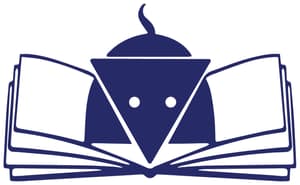'Surgery and the SynDaver Canine' is the first episode to be launched from a documentary film series titled 'DVM: Training the Animal Doctor'. Produced by InterNICHE, this film series follows the trajectory of a veterinary degree and demonstrates how knowledge and skills can be met with innovative tools and in a fully humane way. With fully international content, the series provides case studies from diverse countries and cultures to explore the tools and initiatives that have been implemented in order to enhance education and training. Covering all key disciplines, the series features multiple types of creative alternatives to animal experimentation and dissection. This standalone episode 'Surgery and the SynDaver Canine' explores the nature of veterinary surgery training and how to meet teaching objectives more effectively. Using an advanced synthetic canine training model with multiple functionalities as a case study, the film provides interviews with teachers and developers, demonstrations of anatomy and surgical procedures, and live student labs where surgical procedures are practiced. The non-animal training tool and the opportunities it provides to practice is shown to be better for achieving technical proficiency and mastery, as well as emotional management in stressful scenarios. This aligns with the roots of medicine as a healing art and science, rather than one involving harm. Replacing harmful animal use with these 'alternatives' can better prepare students for clinical learning opportunities with animal patients towards the end of their studies, and in turn for their work as a practitioner upon graduation. With multiple translations of the film, the aim is to achieve distribution direct to all the world's veterinary faculties, and to reach teachers, students, campaigners and the general public with a message that ethics and medical training can be fully compatible. This will facilitate change that is to the benefit of all, including the animals.
InterNICHE works to enhance the quality of higher education and to replace animal experiments with humane, innovative methods. Our focus is on biology, medical and veterinary medical education and training internationally. We are a small organisation with a big network that involves many volunteers. Through outreach, provision of information and other resources, and active support, we promote and facilitate curricular change to the benefit of students, teachers, the professions, wider society - and animals and the environment.

We align with the following UN Sustainable Development Goals: